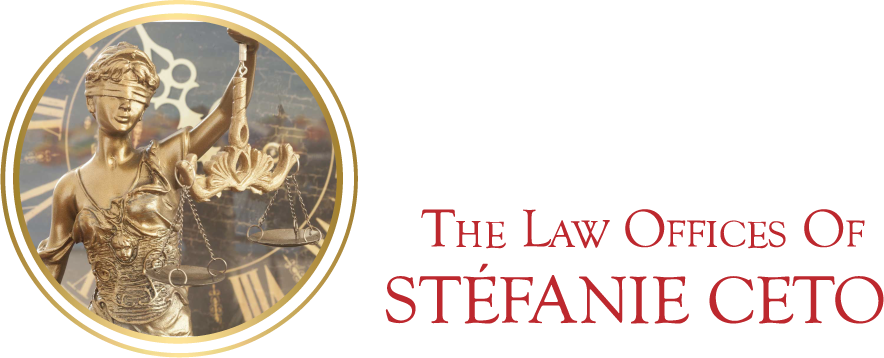Securing the Assets
The personal representative must first locate, identify, and take possession of all of the deceased’s assets that fall under estate administration, called “probate assets.” Probate assets are any type of property owned by the deceased.
Assets that are excluded from probate, called “non-probate assets,” are the following:
- jointly owned bank or brokerage accounts that pass automatically by operation of law to the surviving co-owner;
- life insurance policies payable upon the death of the deceased to named beneficiaries, rather than to the deceased’s estate;
- pension benefits or other types of deferred compensation or retirement accounts payable to named beneficiaries, often the surviving spouse, rather than to the deceased’s estate.
